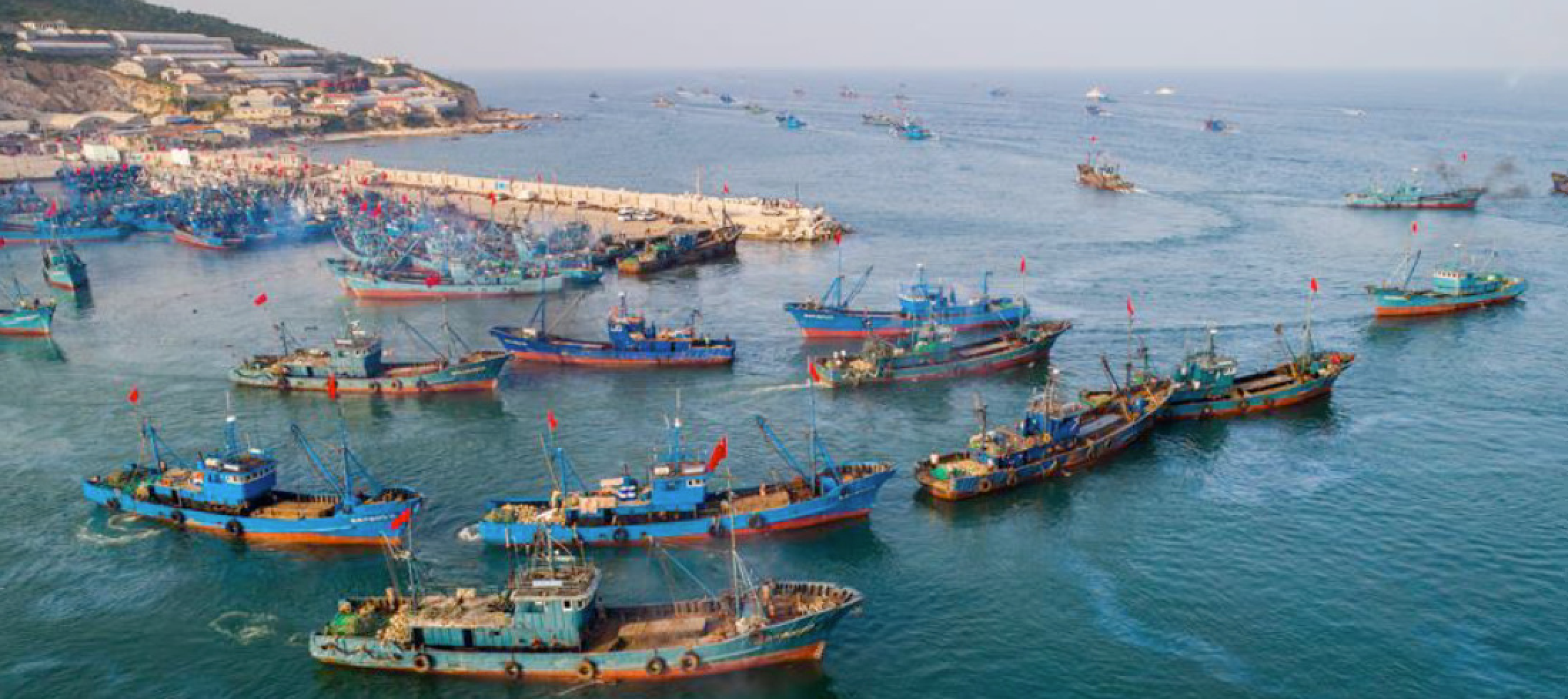Summary
In October 2016 the U.S. Treasury, Office of Foreign Assets Control ("OFAC") announced further amendments to the Cuban Asset Control Regulations ("CACR"), which restrict the scope of the application of the "180 day rule," by permitting ships to carry a wider range of cargos to be imported to Cuba from third countries without their being subject to the '180 day rule'. Members are advised to check whether or not cargos carried to Cuba are exempted from the rule well in advance of any proposed voyage.
FAQs
What is 'CACR'?
The Cuban Asset Control Regulations ("CACR") are the regulations which set out the scope and application of OFAC's economic sanctions regime against Cuba.
What is the '180 day rule'?
Under CACR foreign (i.e. non-U.S.) ships that call at Cuban ports to load/discharge cargo, take on provisions, and/or to purchase other services, may not enter a U.S. port to load and/or discharge cargo for 180 days after departing from Cuba.
Are there exceptions to the rule?
OFAC has issued specific licenses for certain shipments in the past. In addition to this CACR also allows exceptions for the import of certain agricultural commodities, medicine and medical devices if they would be designated "EAR99" under the U.S. Export Administration Regulations ("EAR") had they originated in the U.S.
How has the rule changed?
The amendment allows for a greater number of goods to be imported to Cuba without the ship then being subject to the '180 day rule.' Under the amendments, the rule will not apply to a foreign ship importing to Cuba, from a third country, any goods or commodities which would be designated as "EAR99" under the EAR or, which would be controlled on the Commerce Control List ("CCL") solely for anti-terrorism reasons. The restrictions on the purchase of provisions and/or other services remain in place.
What is the 'EAR'?
U.S. Export Administration Regulations ("EAR") are administrated by the U.S. Department of Commerce. They regulate the export of certain "dual-use" commercial goods and commodities which may have alternative military uses. Goods and commodities to which the EAR apply require export licenses and are listed on the Commerce Control List ("CCL"). The CCL is extensive and very wide ranging covering a large number of commodities as well as products/items across a large number of industries.
What is "EAR99"?
"EAR99" is an additional category under the EAR, which covers any goods, commodities or technologies that are subject to the EAR but are not listed on the CCL. The '180 day rule' no longer applies to ships discharging in Cuba goods which would fall under this category.
What steps can Shipowners take?
The process for assessing whether or not specific goods or commodities are classified as "EAR99" is complex. When calling at Cuban ports to discharge cargo Members are advised to carefully examine whether or not cargos on their ships are classified "EAR99" well in advance of any potential voyage. Where there is any doubt, Members are advised to contact suitable U.S. lawyers for further advice and guidance. The Club can assist Members by recommending, and liaising with, U.S. lawyers on Members' behalf.





